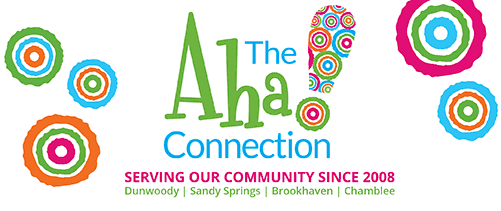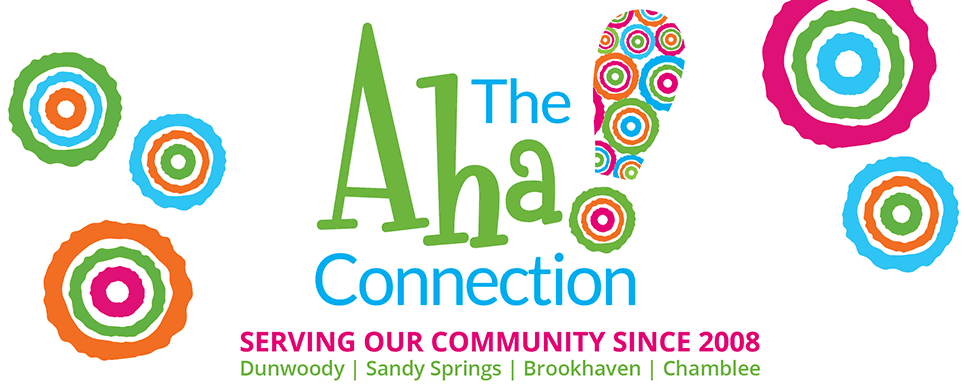Tatiana asked her new intern to write the following in response to the number of folks who have asked her “Does religion help when it comes to mental health?”
by Natalie Stadnick-Uhl, M.Div, Intern Atlanta Specialized Care
Studies have shown that those who consider themselves religious or practice a religion are more resilient and have better mental health. In a review of multiple studies on religion and health, Dr. Harold Koenig, Director of the Center for Spirituality, Theology and Health at Duke University found that more religious people had fewer depressive symptoms. “People who are more involved in religious practices and who are more religiously committed seem to cope better with stress,” Koenig said. “One of the reasons is because [religion] gives people a sense of purpose and meaning in life, and that helps them to make sense of negative things that happen to them,” Koenig said.
Practicing a religion provides us with rituals to help us make sense of the world and ground us to the present. When we don a kippah, cross ourselves at mass, or stand together to sing a hymn, we are comforted by knowing that others have done the same for centuries. Ritual tells us that we are not alone. In times of stress and hardship, those who are religious have practices to fall back on that help make sense of things such as prayer by religious leader prior to surgery, a jahrzeit memorial to honor the dead, or a simple blessing before meals. Prayer beads, hymn books, prayer shawls, and the like are tangible items we who are religious may use – things we can touch and feel help us to remember that we are here, alive, and present. Further, the simple act of attending religious services can act as a balm for psychological distress: we leave our homes to join others who expect our presence, who care about us.
A person’s religious community also provides support and encouragement through hard times — sharing our lives with a community of others who hold similar beliefs bears us up. When we feel that others are present with us in our grief, stress, and even joys we are connected with others in a way that is psychologically healthy. On a smaller scale, this experience is repeated in the helping relationship of therapy: the therapist strives to be truly present and engaged with the client – attempting to show the client that he or she is not alone, that there is hope and a chance at healing.
 Natalie Stadnick-Uhl, M.Div
Natalie Stadnick-Uhl, M.Div
Atlanta Specialized Care
770-815-6583
natalie@atlantaspecializedcare.com





